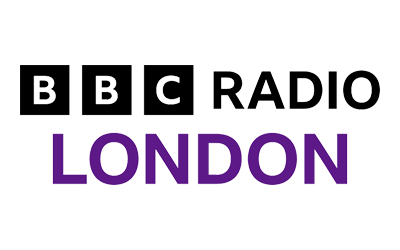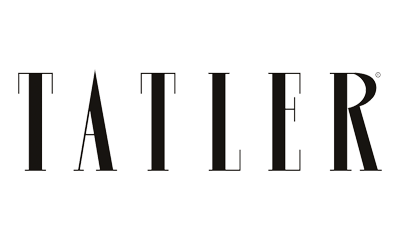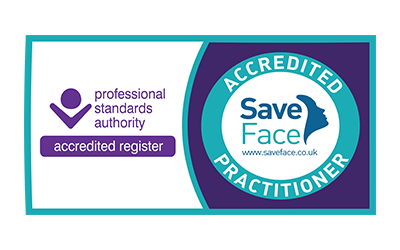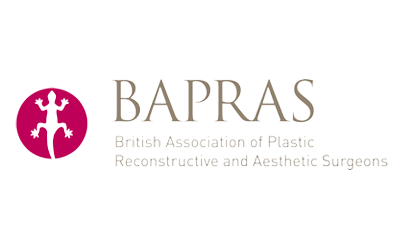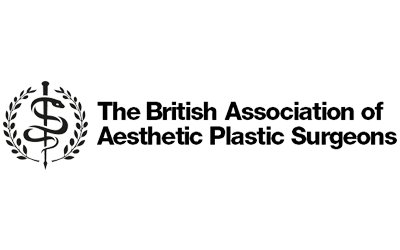Most people have never had an anaesthetic; therefore, the following has been prepared in order for you to understand what will happen before, during, and after your anaesthetic. The description is quite detailed, in the hope that it will take away some of your anxieties. It will also try to highlight some of the common problems that may be encountered prior to surgery, which can result in the operation being postponed. If you are in any doubt, always try to contact the hospital before leaving home. If it is essential to cancel your operation, you will then be spared the journey, and a new date can be arranged.
After you have discussed your operation with Mr. Karidis, it will be necessary for you to have an anaesthetic, which may be either a general, simple local, or local accompanied with sedation (twilight anaesthesia). The decision as to, which would be more suitable for you, will be discussed at the time of initial consultation. It is important to realise however, that the following details regarding anaesthesia apply in the whole to all types of anaesthetics and should be read carefully.
Every anaesthetic carries a small risk. The risks however, are minimal provided you are a fit individual and you have made your anaesthetist fully aware of your medical condition and current medication, and, are starved at the time of your operation. You can help by being honest about your medical history and any previous anaesthetic difficulties. Colds, coughs, sore throats, influenza, or any infection in the breathing passages can be made much worse by any anaesthetic. For this reason, you should be symptom free for at least 2 weeks prior to any anaesthetic. Remember this is elective surgery you are undergoing, and not an emergency operation. Therefore, you should always optimise your chances of an excellent result and not jeopardise your health unnecessarily by undergoing surgery in adverse circumstances. It is very important that your stomach is empty before you have a general anaesthetic or one with sedation. For this reason you should not eat anything for at least 6 hours prior to your operation, and not drink for 4 hours. Most medical conditions do not cause difficulties for your anaesthetic, provided that they have been adequately treated beforehand. If you have a problem such as diabetes, chronic bronchitis, or asthma which deteriorates from time to time, it is best to have your anaesthetic during a good period. If you suffer from high blood pressure or any other medical conditions you may like to ask your General Practitioner (GP) to review their state for a few weeks before your operation. You will appreciate that your GP will already have cared for you during your medical illnesses. He is, therefore, in the best position to advise on treatment, which will return you rapidly to full fitness. Many people do not want their GPs to know that they are having a cosmetic operation. This is because they believe that he/she will be unsympathetic. This is very rarely the case. In particular circumstances, we prefer to involve your GP in any treatment, prior to your operation, as his/her advice can be immensely helpful. However, we will always ask your permission to do so providing you agree. It is important that you bring with you all pills and medications that you are taking. It is essential that your anaesthetist knows what you are taking, so that he can give you an appropriate anaesthetic, which will not adversely interact with your tablets.
Excessive consumption of alcohol can cause bleeding during and after the operation. It is better therefore not to drink at all beforehand. If you smoke, you are more likely to develop a chest infection after your operation. Additionally, smoking is linked with a higher rate of infection as well as delayed wound healing with all surgical procedures. Any reduction therefore, in cigarette smoking is helpful. Ideally you should stop smoking completely from 4 weeks prior to, and 2 weeks following surgery.
Before your operation your anaesthetist will wish to see you. They will discuss your medical history. A nurse will already have taken a history and recorded your temperature, pulse and blood pressure. Your anaesthetist will ask you for details of your teeth. What they want to know is whether or not you have any crowns, bridges or cosmetic dentistry, which will require him to use a different technique. There is a small risk to dental work during anaesthesia which may be reduced if you have given full dental information prior to your anaesthetic. You will then have a chance to discuss your anaesthetic. Many people worry unnecessarily because they have heard of dreadful stories. Modern anaesthetics are extremely safe, and we hope that you will feel free to ask as many questions as you like so that we can put your mind at rest. You will be asked to put on a theatre gown, and to remove all jewellery, except your wedding ring, which will be covered with tape. You should only wear the gown and your lower undergarment.
Before your operation you may be given a pre-med. although they are rarely used nowadays. If a pre-med is required, it will make you pleasantly drowsy and reduce your anxiety.
About ten minutes before your operation, you will be taken to the anaesthetic room, which is next door to the theatre. The anaesthetic nurse will confirm with you the operation you are having, and will then put on a blood pressure cuff, and a few small stickers, which will allow the anaesthetist to monitor your heartbeat whilst you are sleeping. You will then be anaesthetised. This will involve a small injection in your hand, wrist, or elbow. You may not feel the injection at all, but if you do it will be no worse than scratching yourself. You will be asleep within twenty seconds after the injection. Some people feel a little dizzy just before they fall asleep, others fall asleep instantaneously. Each person reacts differently, but the majority of our patients do not find our anaesthetic procedure either disturbing or unpleasant. While you are asleep your anaesthetist will be looking after you all the time. His sole duty is your safety and welfare. Several sophisticated electronic monitoring devices are used to assist your anaesthetist. These will constantly monitor your heartbeat, blood pressure, and the quality of the anaesthetic being given. When the operation is over, your anaesthetist will wake you up. By the time you become aware of your surroundings you will be in a special recovery room. A nurse will be with you until you are completely awake. You will still be having your heart rate and blood pressure measured at regular intervals by automatic machines and you may notice that you have a drip up. When you are fully awake you will be lifted back into your own bed where you may drift back into natural sleep. Even though you will not be allowed out of the recovery room until we are confident that your anaesthetic has worn off, it is quite common not to remember anything until you wake from this natural sleep.
Most of the operations performed by Mr. Karidis are not nearly as painful as you might imagine. Often simple tablets such as paracetamol can relieve the pain. Stronger painkillers are always available should you need them. The nurses will ask you at regular intervals if you are feeling any discomfort, or pain, but you may ask for painkillers at any time.
Everyone recovers from their anaesthetic differently. Some people feel no side effects from the anaesthetic, while others are more noticeably affected, feeling drowsy and even sick for a few hours afterwards. There is no way to predict who is more likely to react in such a way. All patients operated on by Mr. Karidis will have anti-sickness medication prescribed to them for use in the first few hours after surgery, in order to reduce such effects. If you have suffered with drowsiness and sickness after any previous surgery, you should inform your anaesthetist. After you have fully recovered and have started drinking, your drip will then be taken down. You will be allowed to eat whenever you feel up to this.
It is possible, in many instances to avoid a general anaesthetic and use what is termed as twilight anaesthesia where you may still be aware of what is happening around you. This usually involves giving local anaesthetic combined with some intravenous sedation. This will allow you to become very relaxed and drowsy so that the operation can proceed. Effectively you are lightly asleep, but without the complexities necessary in a general anaesthetic. This approach may allow a speedier recovery without the added, albeit small, risk of general anaesthesia. However not all procedures are suitable to be done in this way, and therefore Mr. Karidis will be able to advise you at the initial consultation.


